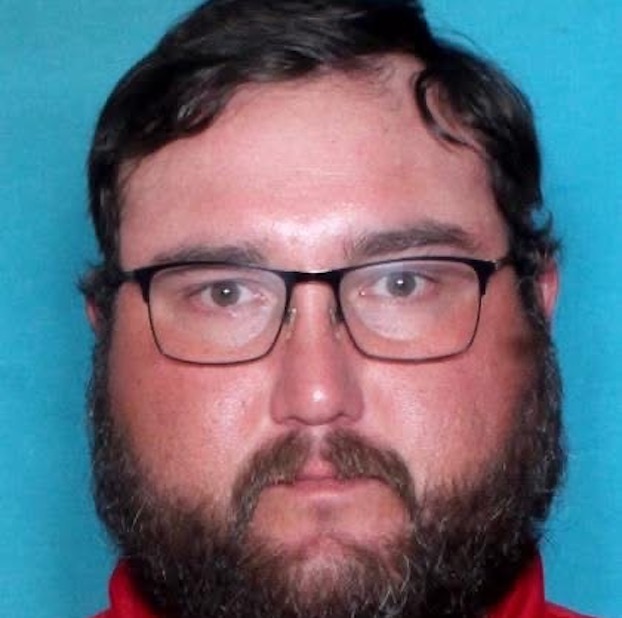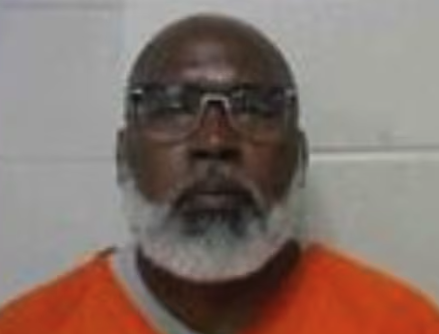Jim Beam column: Native son surfaces again
Published 6:56 am Saturday, January 18, 2025

- ARSENE PUJO, FORMER U.S. CONGRESSMAN FROM LAKE CHARLES.(PHOTO COURTESY OF findagrave.com)
President Joe Biden in his Wednesday evening farewell address introduced what for many Americans may be a new word — oligarchy. The word is defined as a small group of people having control of a country, organization or institution.
“Today, an oligarchy is taking shape in America of extreme wealth, power and influence that literally threatens our entire democracy, our basic rights and freedoms, and a fair shot for everyone to get ahead,” Biden said. “We see the consequences all across America, and we’ve seen it before.”
The Washington Post said Biden likened the current crop of tech moguls to the “robber barons” of the 19th century, men like John D. Rockefeller and Andrew Carnegie.
The Post said tech moguls Jeff Bezos, Elon Musk of “X,” formerly Twitter, and Mark Zuckerberg of Facebook have been visiting and dining with President-elect Donald Trump at his Mar-a-Lago estate and donating millions to his inaugural committee. Bezos is the founder of Amazon who also owns the Post.
Those robber barons the Post talked about struck a familiar chord with me because they were connected to a Money Trust investigation conducted by the late-U.S. Rep. Arsene Pujo of Lake Charles. Pujo served in Congress from 1903 to 1913 and became chairman of the House Banking Committee.
Pujo was the subject of the thesis I wrote for my master’s degree in history at LSU. I used a copy of his Money Trust investigation report that I obtained from the Library of Congress.
The Center for Legislative Archives at archives.gov said, “Students study key evidence from the Progressive Era Pujo Committee investigation of the Money Trust that led Congress to pass the Clayton Antitrust Act, the Federal Trade Commission Act and the Federal Reserve Act.”
Investment banks like J.P. Morgan and Co. gained a controlling interest in many major corporations from 1890 to 1910 and the public demanded that Congress get to the bottom of it. They wanted to know if a few bankers were running the whole economy.
Pujo’s committee concluded that a group of financial leaders had abused the public trust to consolidate control over many industries. As a result of the Pujo Money Trust investigation, Congress created the Federal Reserve Act to lessen the control of the Money Trust.
We won’t know whether Biden is right about Bezos, Musk and Zuckerberg trying to form an oligarchy with Trump, but his comments do serve notice that this country’s citizens need to be alert to that possibility. The four of them do make up a powerful alliance that can exercise tremendous influence.
While we are waiting to see what the next four years will be like, our readers deserve to know something about Pujo. He was the topic of the first column I wrote for the American Press that was published on July 26, 1962.
Pujo was the son of Paul and Eloise Pujo, a pioneer family in Lake Charles. Paul Pujo came to the city about 1849 and established one of the first mercantile stores in the city. Pujo Street is named after him.
Arsene Pujo became a prominent Lake Charles attorney who read law under Gabriel A. Fournet and he was admitted to the Louisiana bar in 1886. He was an active participant in the anti-lottery movement in 1888 and 1892.
After having been elected delegate-at-large to the Louisiana Constitutional Convention of 1898, he sought his first national elective post. In 1902, he became the first U.S. representative from the former 7th Congressional District in this part of the state. Pujo defeated three opponents in 1902 and he served five two-year terms.
While in Congress, Pujo was responsible for construction of the Mermentau-Sabine section of the Intracoastal Canal. Leon Locke, secretary of the Lake Charles Board of Trade who later became mayor of Lake Charles, coordinated efforts for the canal at home while Pujo secured funds and assistance from Washington.
The Calcasieu-Sabine section of the canal was completed in 1915 and widened and deepened in 1917. The Mermentau-Calcasieu section opened in 1922.
While in Congress, Pujo secured appropriations for the 7th District that exceeded all the money expended by the federal government in the district during the century of American rule before his election.
Pujo definitely helped this corner of Louisiana become a major force in Congress.
Jim Beam, the retired editor of the American Press, has covered people and politics for more than six decades. Contact him at 337-515-8871 or jim.beam.press@gmail.com.
| ReplyForward
Add reaction |





